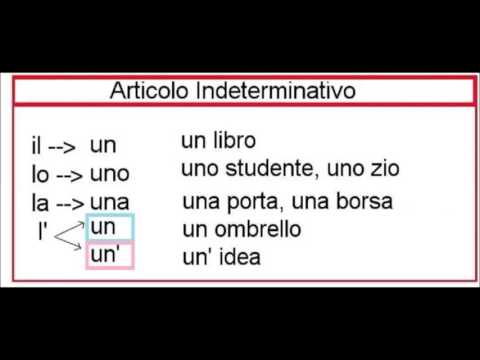
Nozioni preliminari di geografia: cartografia, meridiani e paralleli, orogenesi e …
28 Dicembre 2019
Preghiera di Giorgio Caproni
28 Dicembre 2019Diritto allo studio – videoripasso in lingua inglese dei seguenti punti:
Pratica di conversazione inglese in vista della prova orale concorso dirigenti scolastici italiani (English conversation practice for the oral test of the Italian school managers competition)
04 Right to education
Prof. Luigi Gaudio
Compulsory education
- Law no. 296 of 27 December 2006, art. 1, paragraph 622, later amended by the Ministry of Public Education Decree (DM) no. 139 of 22 August 2007, raised the compulsory education requirement (defined as such, no longer as “school attendance”) to ten years.
- The technical document attached to DM 139/2007 outlines the key competences for active citizenship expected at the end of compulsory education.
- Law no. 133 of 6 August 2008, art. 64, paragraph 4-bis, allows fulfillment of the compulsory education requirement not only through traditional school pathways, but also through vocational education and training programs provided by accredited training institutions, in accordance with DM 29 November 2007.
Alternanza Scuola-Lavoro and IFTS pathways
- Law 107/2015 introduced the obligation to include Work-Study Alternation activities in the PTOF (Piano Triennale dell’Offerta Formativa – Three-Year Educational Offer Plan).
- Such activities may be carried out during suspension of regular teaching activities, including through simulated enterprises, and even abroad:
- In technical and vocational institutes → at least 400 total hours
- In lyceums → at least 200 total hours
- Law no. 144 of 17 May 1999 established the IFTS system (Istruzione e Formazione Tecnica Superiore – Higher Technical Education and Training). IFTS programs aim at obtaining a Higher Technical Specialization Certificate.
Adult education
- CPIA – Provincial Centers for Adult Education
- In Italy, these centers are often hosted within technical institutes or secondary schools.
- There is a legitimate concern that the social and cultural potential of Adult Education may be reduced merely to diploma recovery (e.g., lower secondary or upper secondary diplomas), rather than promoting genuine lifelong learning.
Parity schools and the Regions
- The “National Education System” consists of state schools and privately-run or local authority schools recognized as having equal status (“scuole paritarie”) (Law no. 62 of 2000).
- Within this national system, both state and private/local schools possessing the required qualifications operate on an equal footing, performing identical educational functions.
- Exclusive regional legislation → vocational education and training
- Concurrent legislation (State and Regions) → education, preserving school autonomy and excluding vocational education and training
🎤🎧 Audio Lezioni, ascolta il podcast sulla Pedagogia e organizzazione della scuola del DS Luigi Gaudio
Ascolta “Pedagogia e organizzazione della scuola” su Spreaker.




